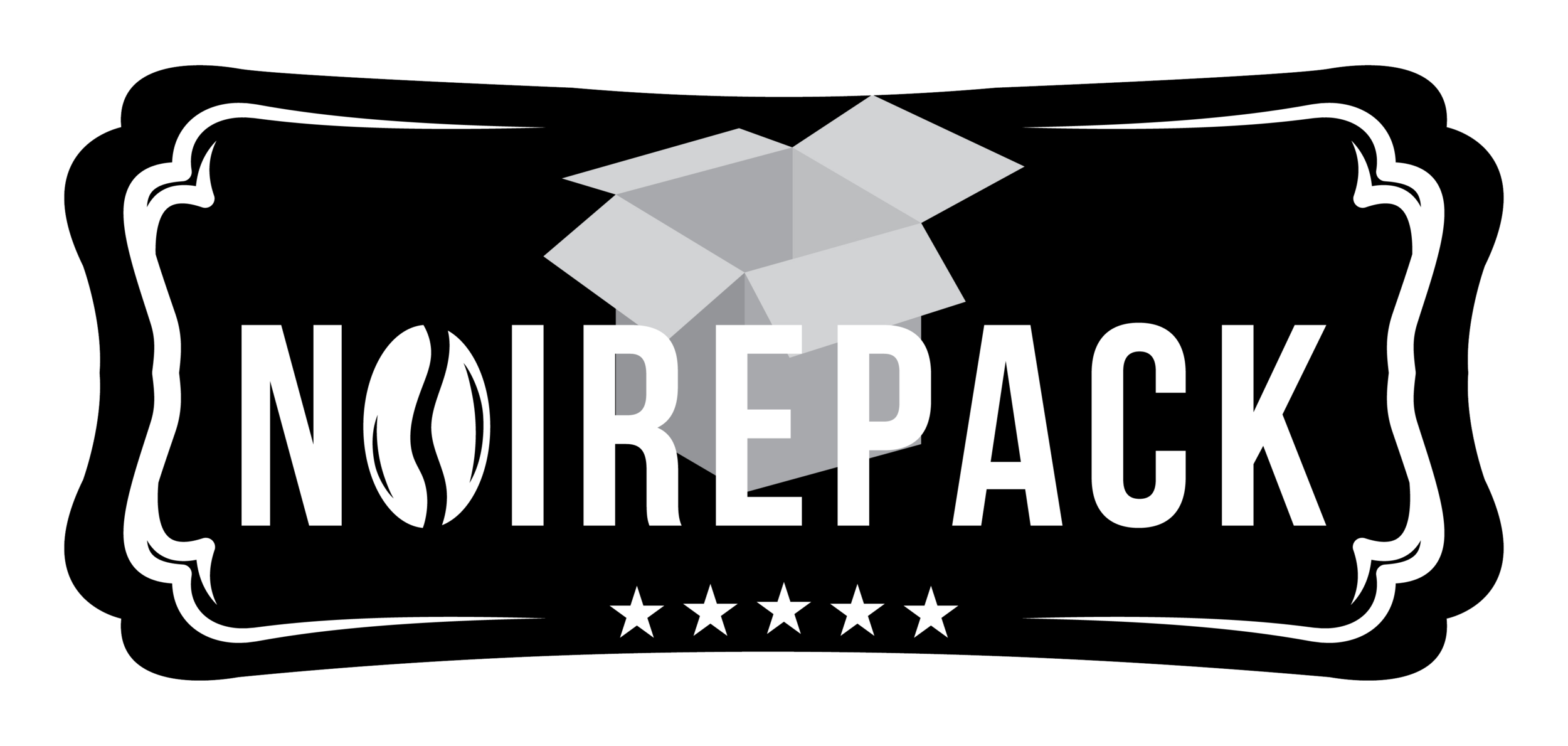Burundi's coffee is receiving recognition worldwide. More and more roasters are demanding this unique African coffee. As this trend continues, Burundi's economy will climb as long as their government continues to implement deep, broad, and well-institutionalized reforms for Burundi's economy's greater good.
Read MoreConflicts and divisions are evident amongst African nations, but tensions can also be found even here in the United States amongst our brothers and sisters…… our houses continue to be divided. Black skin vs. Light Skin, Black Republicans vs. Black Democrats, Israelites vs. Black Christians, and the list goes on. In the words of Rodney King, "Can we all get along?
Read MoreTanzanian Arabicas are grown on Mt. Kilimanjaro and Mt. Meru's slopes near the Kenyan border
Read MoreThe Swahili language is a mixture of Bantu and Arabic. It is a lingua franca for the African Great Lakes region and other parts of East and Southern Africa, including Tanzania, Uganda, Rwanda, Burundi, Kenya, some parts of Malawi, Somalia, Zambia, Mozambique, and the Democratic Republic of the Congo (DRC).
Read MoreKenya's coffee, like its world-class runners, is the best in its class. Like the Arabian Mocha and the Ethiopian Harrar to the north, Kenyan coffee has a rich, distinctive dry, winy aftertaste with a full-bodied richness that Ethiopians and even Mocha lack.
Read MoreEthiopian coffees are amongst the world's best. All displaying the winy or fruity acidity characteristics of African and Arabian coffees.
Read More





